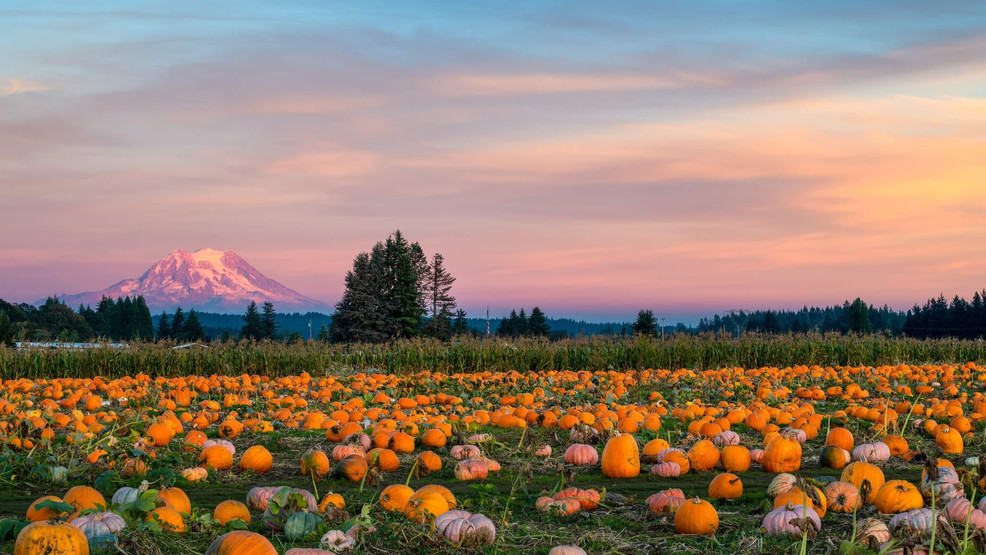Oregon Farmers Fume Over New Rules They Claim Threaten Livelihoods

Understanding the Proposed Farmstand Rules in Oregon
Local family farms in Oregon are expressing significant concerns over a set of proposed farmstand rules that they believe favor large corporate farms while making it more difficult for small farms to operate. These rules, introduced by the Oregon Department of Land Conservation and Development (DLCD), aim to protect farmland by clarifying regulations and ensuring that land is used exclusively for agricultural purposes.
The new draft of rules includes several key provisions that have sparked debate among farmers and agritourism operators. One of the main points is the limitation on the types of promotional events that can be hosted at farm stands. Promotional events are defined as activities that encourage the sale of farm crops or livestock, with the product being the primary focus of the activity. Examples include flower arranging classes, fee-based tours, cooking demonstrations, product sampling, and rides through crop fields.
However, farm owners argue that this definition excludes many popular agritourism activities, such as petting zoos and live music, unless they directly feature a farm product or have an educational component. For instance, concerts would only be allowed if they have an agritourism permit. This has raised concerns that the rules could limit the variety of experiences available to visitors and reduce the appeal of small farms.
Another significant rule under consideration limits the number of farm-to-table events a farm can host in a calendar year. Farms would be allowed to hold up to 17 such events, and any additional events would require an agrotourism permit and undergo farm impact tests. This could place a financial and administrative burden on smaller farms that rely on these events to attract customers and generate revenue.
Additionally, the proposed rules would restrict the use of temporary structures on farms to no more than 90 days per year. These structures include canopies, tents, benches, and tables. Current law already bans permanent farm stand structures from being used for banquets, public gatherings, or entertainment. Temporary structures are limited to customer shelter or the sale of farm products. The new rules would further limit their use, potentially affecting how farms can accommodate visitors.
Another provision in the draft rules would allow farms to sell only farm-made products, such as jams, syrups, and animal-based items. This means that farms cannot sell products made from items they did not produce. For example, a peach grower could sell peach butter made from their own peaches but would not be allowed to sell locally made marionberry jam, even if it comes from a neighboring farm. This restriction could limit the diversity of products available at farm stands and impact local food producers.
The proposed rules would also give enforcement power to local governments. Under the new regulations, farms must follow specific Farm Stand Development Standards, and local governments will conduct recurring seven-year reviews to ensure compliance. Local governments could charge farmers fees for permit reviews and have the authority to terminate a permit if standards are not met.
It is important to note that the proposed rules would only apply to new farm stand permits and operations seeking to expand their agritourism offerings. Existing operations that are lawfully permitted would not need to make any changes. However, small farms argue that these rules could still impact their ability to provide farm-to-table dinners and seasonal festivals, which are essential for attracting guests.
On the other hand, farm advocacy groups support the rules, stating that they help protect farmland by restricting non-farm uses. They argue that these regulations ensure that farmland remains dedicated to agricultural production rather than being repurposed for commercial or recreational activities.
While the full draft of the proposed rule changes is available for review, lawmakers previously introduced a bill aimed at clarifying what is permitted at farm stands on land zoned for exclusive farm use. However, the bill failed to pass, allowing the DLCD to develop its own set of proposed rules.
Post a Comment for "Oregon Farmers Fume Over New Rules They Claim Threaten Livelihoods"
Post a Comment